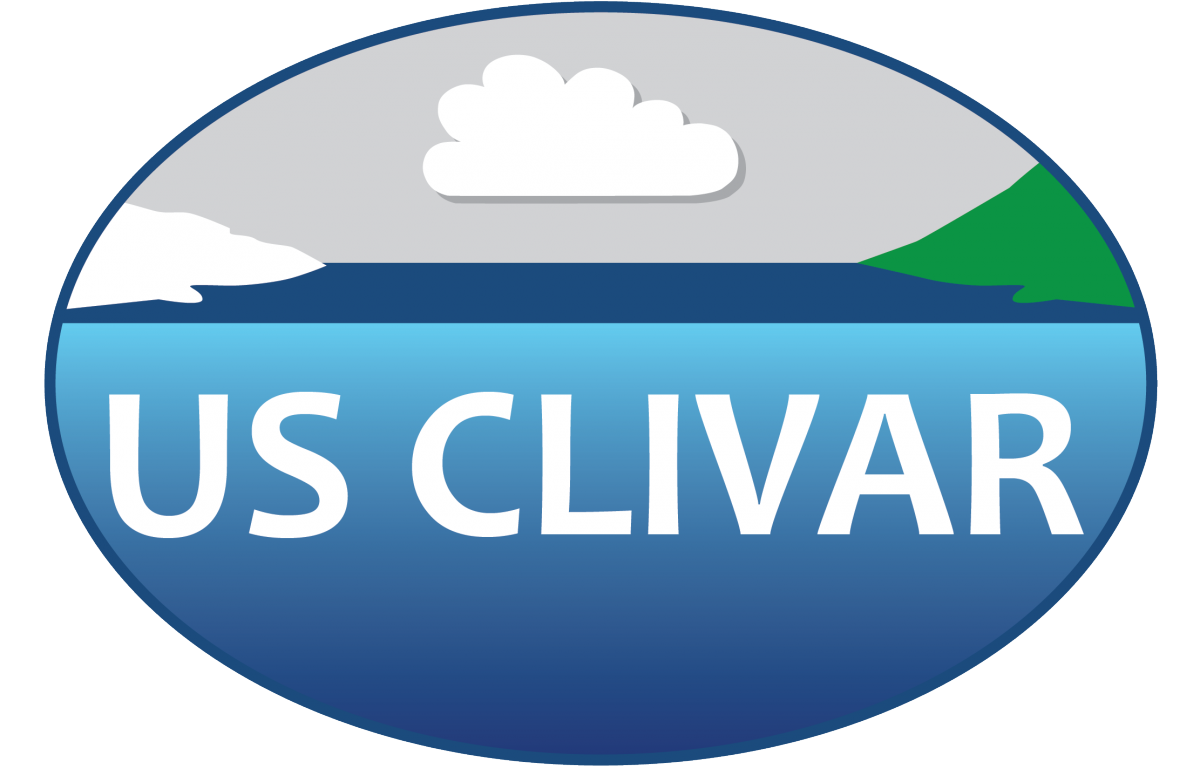Tropical Pacific Observing Needs to Advance Process Understanding and Representation in Models Workshop
A workshop to gather community input on Tropical Pacific Observing needs to advance our understanding of multi-scale ocean-atmosphere coupled processes and to discuss how such observations could help improve satellite retrievals, data assimilation, and climate, forecast, and biogeochemical models.
Background
The ocean-atmosphere coupling is mediated by exchanges of heat, moisture, momentum, and gases across the air-sea interface, which are themselves regulated by oceanic and atmospheric processes spanning a wide range spatial and temporal scales. Processes occurring on one scale can affect those on another. Our understanding of how these multiscale processes are linked to one another remains incomplete partly due to insufficient observations of these process interactions.
Objectives
Sustained observation of the tropical Pacific Ocean has been an international priority since the 1980s. The Tropical Pacific Observing System 2020 (TPOS2020) project, launched in 2014, aims to deliver an integrated (physical and biogeochemical/ecosystem) design to determine the most efficient and effective observational solutions, including a sustained observational array as well as process studies to support prediction systems for ocean, weather, and climate services. Through reports, meetings, and task forces, TPOS2020 has iteratively developed a plan to update the tropical Pacific array to reflect our current needs and capabilities. A 2018 TPOS2020 Workshop was convened to discuss observational needs to reduce model biases for simulation and prediction of ENSO; NOAA funded in 2019 eight new projects that are pre-field modeling studies in support of two proposed TPOS process studies; and atmospheric scientists supported by NOAA, NSF, DOE, and NASA have utilized budget analyses to advance our understanding of the complex coupling and scale interactions between the ocean, surface fluxes, atmospheric convection, and water vapor in the tropics. Many of these projects and efforts will be sunsetting by Winter 2021 and hence the Tropical Pacific Observing Needs Workshop in May 2021 will be timely to discuss their findings and push the envelope further on a community informed effort for Tropical Pacific process study and improved process representation in models.
The primary aim of the Tropical Pacific Observing Needs Workshop is to build upon the recommendations put forth by the TPOS2020, OceanPredict’19, and other workshops to bring together the observational, modeling, and data-assimilation communities to determine the observing needs to advance process understanding of the tropical Pacific Ocean and its representation in models with a goal to improve ocean-atmosphere prediction. This workshop will provide:
- A forum to discuss observational needs to advance understanding of tropical Pacific ocean-atmosphere coupled processes and their representations in climate, forecast, and biogeochemical models.
- The opportunity for atmospheric scientists, oceanographers, observationalists, and modelers to interact, bridge conceptual gaps, and develop scale-aware observational strategies to advance our fundamental understanding of ocean-atmosphere coupled processes.
The Phenomena, Observations, and Synthesis Panel hosted two webinars in preparation for the workshop:
- Tropical Pacific observational needs and process studies (Kyla Drushka, University of Washington)
- Tropical Pacific biogeochemistry: background, gaps, and open questions (Adrienne Sutton, NOAA PMEL)
Outcomes
The main outcome of the workshop is the interaction of various observational, data assimilation, and modeling groups that will evolve the TPOS beyond 2020 and develop and design future process studies in the Tropical Pacific. We expect the workshop community to provide input for new directions that will lead to improved design and development of process studies in the Tropical Pacific, which will lead to a better translation of our improved understanding for model development and forecast movements.
- Identify process study observations and observation strategies most needed to advance understanding and rapidly improve model representations of multiscale ocean-atmosphere interactions.
- Report to US CLIVAR, with a summary of key findings of analyses of pre-field campaign modeling studies performed by the community.
- This effort is also expected to inform international collaborative observing and field campaign efforts in the Tropical Pacific.
- Variations article summarizing the workshop and recommendations
- BAMS meeting summary
Target Participants
The workshop aims to bring together experts across disciplines: atmospheric scientists and oceanographers, observationalists (in situ and satellite) and modelers (including data assimilation experts), and bridging physics and biogeochemistry. Students and early career scientists are encouraged to participate. Ensuring effective and engaging communication among attendees will be tantamount to the workshop’s success.
Location/Date
May 24-26, 2021. The meeting will be 100% virtual.
Abstract Submission and Registration
Registration is closed.
Scientific Organizing Committee
Charlotte DeMott, Colorado State University (co-chair)
Aneesh Subramanian, University of Colorado (co-chair)
Shuyi Chen, University of Washington
Kyla Drushka, University of Washington
Yosuke Fujii, JMA/MRI
Adrienne Sutton, NOAA PMEL
Janet Sprintall, Scripps Institution of Oceanography
Dongxiao Zhang, NOAA PMEL
Program Organizing Committee
Mike Patterson (US CLIVAR)
Jennie Zhu (US CLIVAR)
Workshop Sponsors



